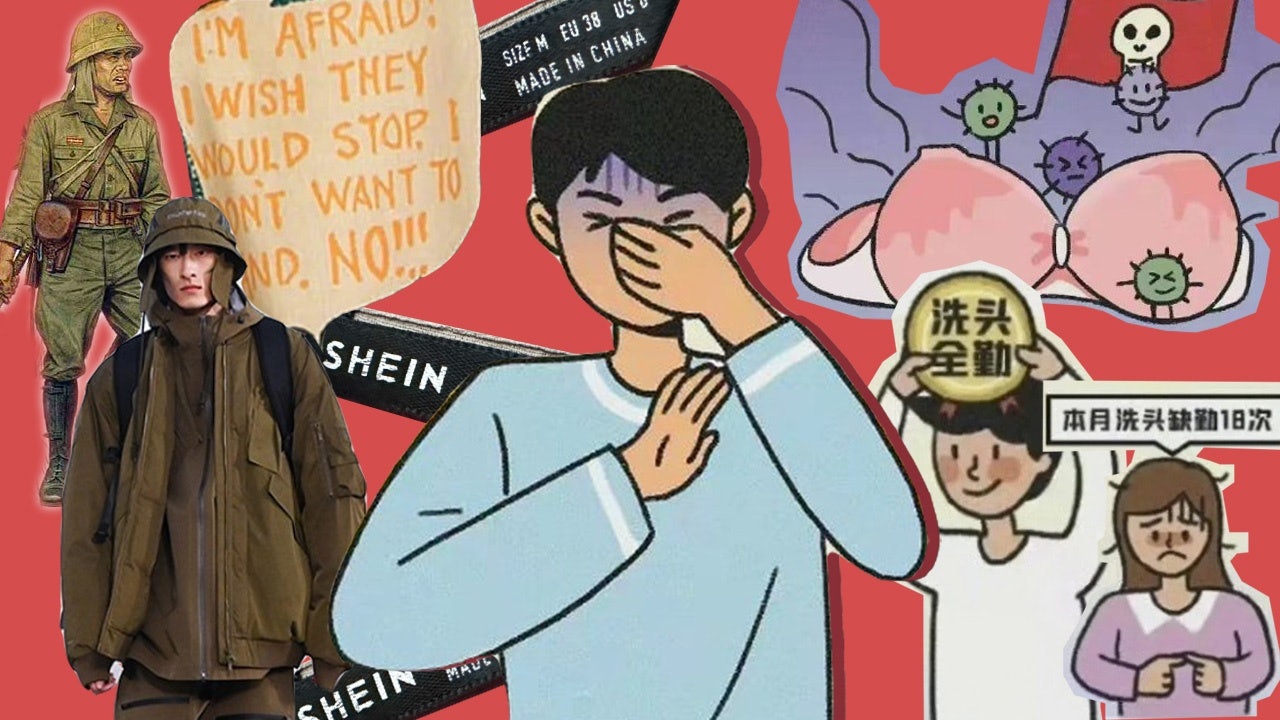Trust the fashion industry to keep things interesting this year. As brands attempted to stand out in an increasingly saturated market, not all of their strategies panned out as expected. Rocking headlines most recently was Balenciaga, which released an ad featuring children holding teddy bears dressed in bondage gear — igniting a firestorm of criticism.
In China, both global and local players came under the microscope of discerning consumers, who were quick to call out inappropriate designs and tone-deaf messaging. While the extent of the backlash varied, the swiftness of how labels fell out of favor should prompt caution as luxury prepares for the new year. To avoid further missteps, here is a recap of the top controversies of 2022.
#
Li-Ning Winter Collection Resembles Japanese WWII Uniforms#
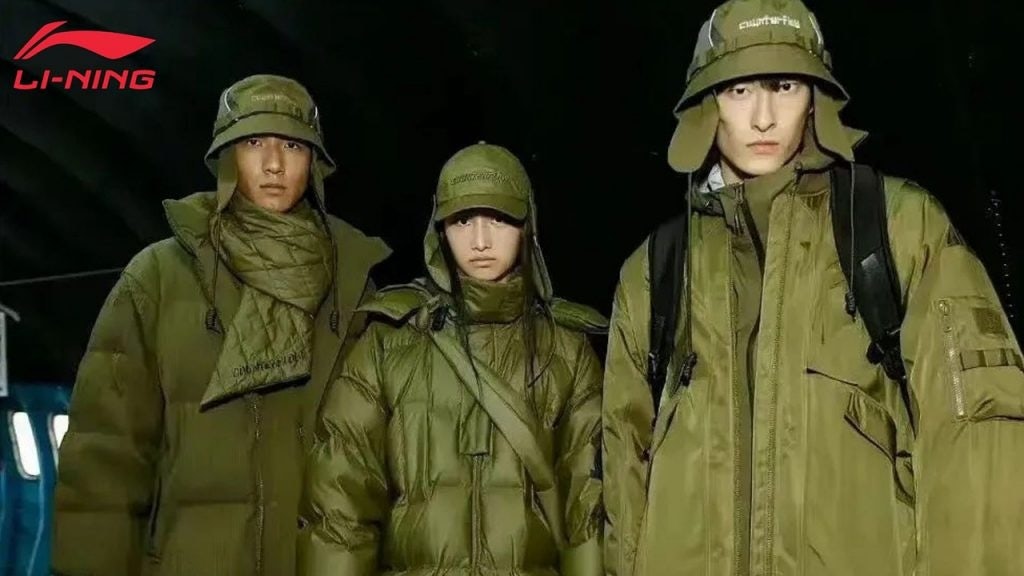
Boosted by the ongoing Guochao wave, Li-Ning had a strong year. The Chinese sportswear maker grew revenue and net profits by double digits, expanded to Russia, and returned to Hong Kong after a decade. But even a beloved local brand can find itself on the wrong end of nationalism. In October, netizens pointed out that several looks from its winter collection, including navy green military-style jackets and headwear, looked eerily similar to the uniforms worn by Japanese soldiers during World War II. To make matters worse, Li-Ning’s head of e-commerce posted a response criticizing “Chinese consumers’ lack of deep understanding of their own culture.” In the immediate aftermath, Li-Ning’s share prices plummeted 13 percent.
#
JNBY Produces More Disturbing Children’s Designs#

Another homegrown name to land in hot water was Chinese fashion group JNBY. Not even a year after its first design scandal in September 2021, JNBY’s children line produced another offensive print — this time, featuring a child that appeared to have fallen over along with the quote, “I’m afraid, I want them to stop, I don’t want to land, no!!!” Netizens called for a boycott, and the Hangzhou Municipal Market Supervision Bureau ordered the retailer to stop selling 509 clothing items until the end of its investigation.
#
Dior Faces Copycat Accusations In China#
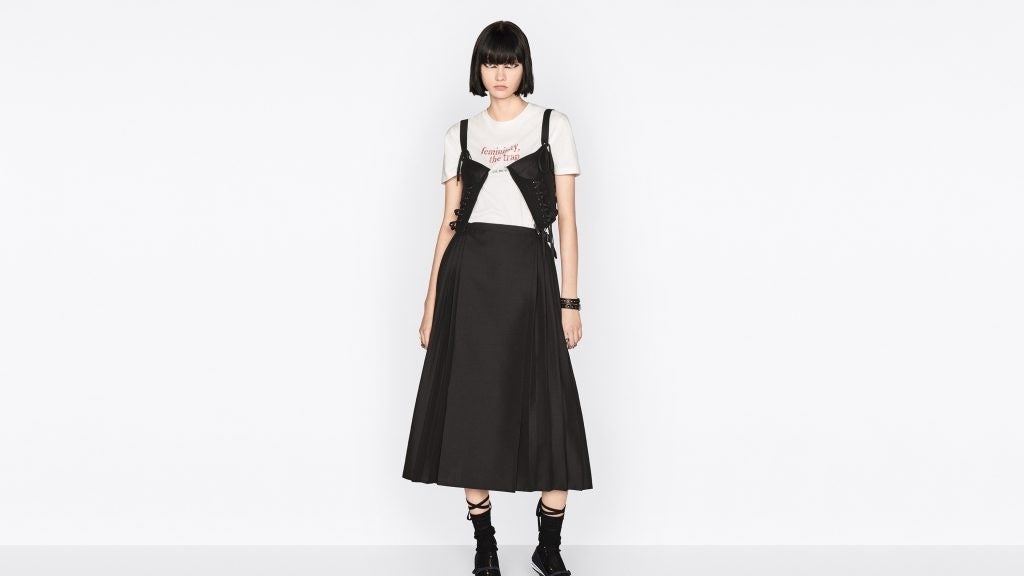
Sparking internet uproar and even an in-person protest, the French luxury house was accused of cultural appropriation in China after launching a mid-length pleated skirt that resembled a Song dynasty horse face skirt. Although fashion brands commonly draw inspiration from other cultures, netizens took issue with how the LVMH label lauded the piece as a “hallmark Dior design.” Dior’s Fall 2022 collection also featured “Jardin d’Hiver” patterns that Chinese consumers said mimicked the style of traditional Chinese paintings of flowers and birds. The incident raises the question: Where is the line between plagiarism and paying tribute?
#
P&G Tells Women Their Feet Smell Bad#
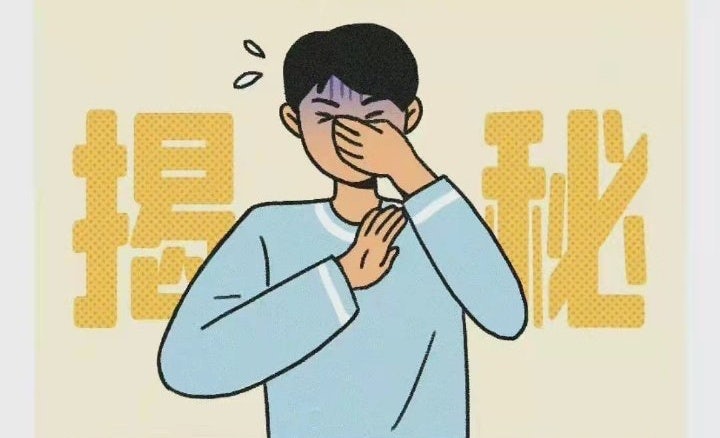
In March, Procter & Gamble published an article on WeChat titled, “Women's feet smell five times worse than men's. If you don't believe it, smell it.” Not only did the post state that women have more sweat glands than men in their feet, but it added that their hair is twice as dirty because they wash it less often and that they are “most smelly in their breasts, especially after working out.” The purpose was to promote the company’s body cleansing set, but Chinese women didn’t care for the sexist (and unscrupulous) claims about their hygiene, with the topic garnering 25 million views on Weibo.
#
Shein Comes Under Pressure For Poor Working Conditions#
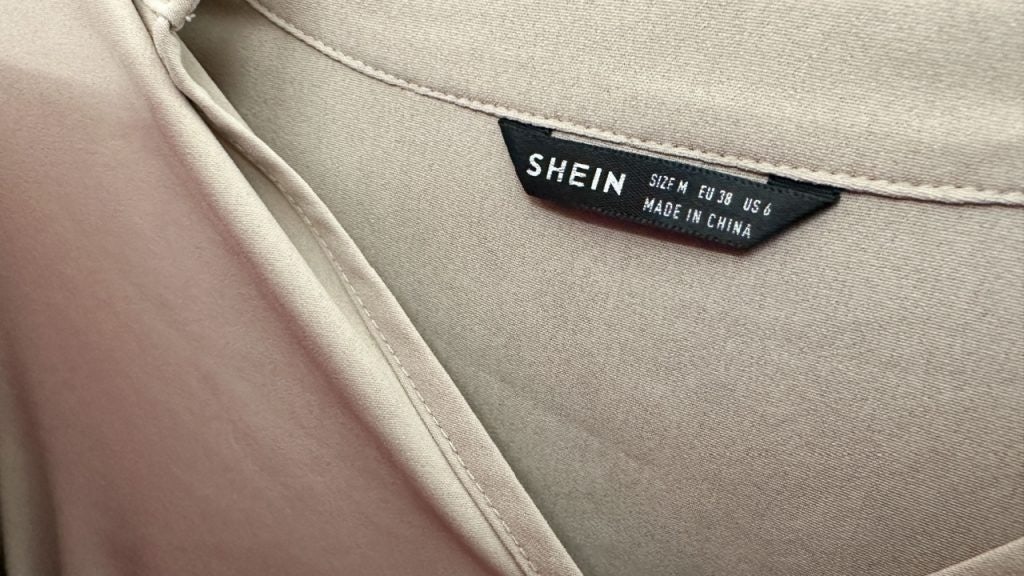
In October, the UK’s Channel 4 network published a documentary detailing Shein’s appalling work conditions, which include just one day off a month and 18-hour work shifts. The Chinese fast fashion giant initially denied these allegations, then later conducted an independent investigation and found two sites in violation of labor laws. “While these are significantly less than claimed in the documentary, they are still higher than local regulations permit,” the company admitted. However, because Shein focuses on selling abroad, the controversy dominated global headlines but did not spill over into domestic social media.
